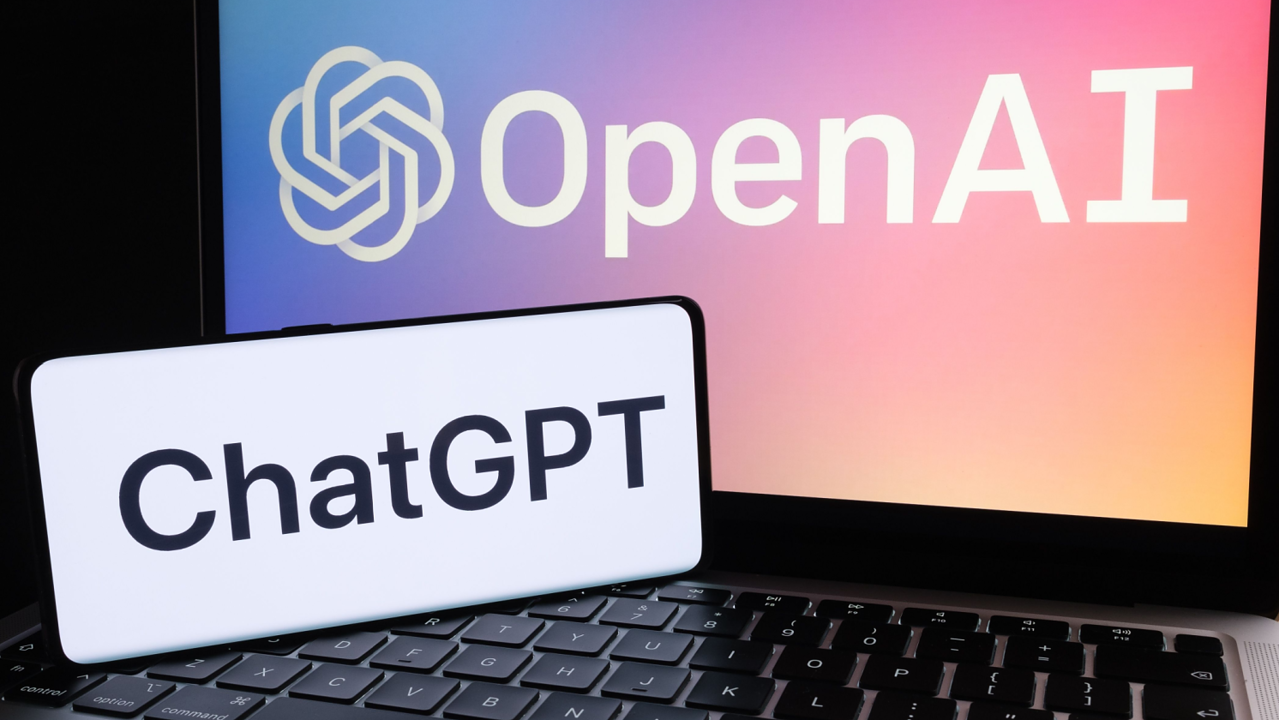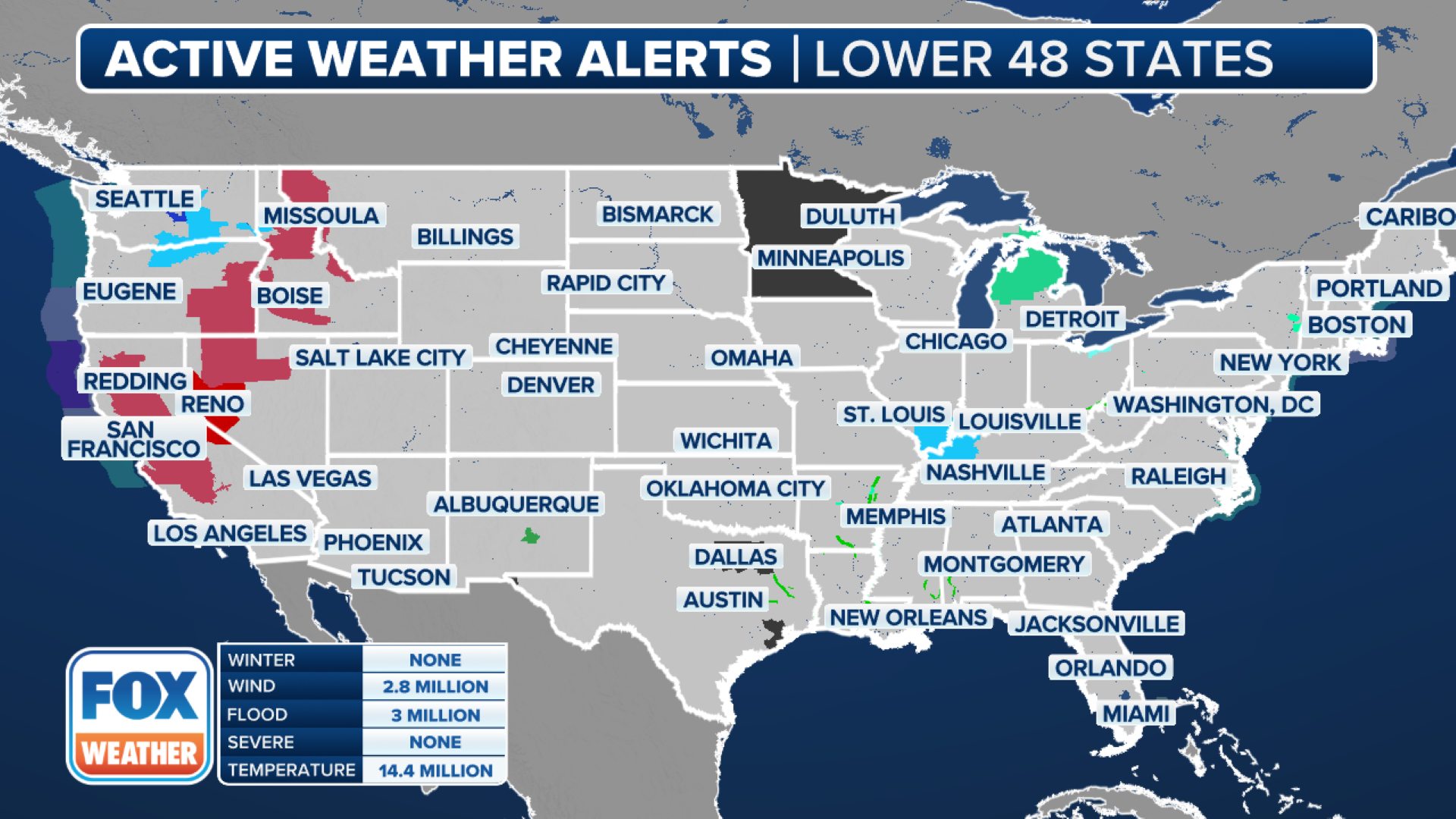OpenAI And ChatGPT: Facing An FTC Investigation

Table of Contents
The FTC's Concerns Regarding OpenAI and ChatGPT
The FTC, responsible for preventing unfair or deceptive business practices, has launched an investigation into OpenAI's practices related to ChatGPT. Their authority stems from Section 5 of the FTC Act, which prohibits unfair or deceptive acts or practices in commerce. The investigation signifies a growing concern about the potential societal impact of powerful AI technologies. The FTC's specific concerns include:
-
Unfair data collection practices: The massive datasets used to train ChatGPT raise questions about the ethical sourcing and use of personal information. Concerns exist regarding the potential violation of user privacy and copyright infringement through the scraping of vast amounts of data from the internet. This includes text and code from various sources, potentially without proper consent or attribution.
-
Spread of misinformation and harmful content: ChatGPT's ability to generate realistic-sounding text, even if factually inaccurate or harmful, poses significant risks. The FTC is likely concerned about the potential for the model to be used for spreading disinformation, hate speech, or other forms of harmful content. The challenge lies in balancing free speech with the need to mitigate harmful outputs.
-
Lack of transparency: OpenAI's lack of transparency regarding data usage and the inner workings of its algorithms is another key concern. This lack of transparency makes it difficult to assess the potential risks and harms associated with the technology and limits accountability. Understanding how the model arrives at its conclusions is crucial for addressing issues of bias and misinformation.
-
Algorithmic bias: AI models like ChatGPT are trained on data that may reflect existing societal biases. This can lead to discriminatory outcomes, perpetuating or even amplifying unfairness. The FTC's investigation likely involves a close examination of whether ChatGPT exhibits bias related to race, gender, religion, or other protected characteristics.
If found in violation of the FTC Act, OpenAI could face significant penalties, including hefty fines and potentially even mandatory changes to its practices.
Data Privacy and the OpenAI FTC Investigation
The OpenAI FTC investigation significantly highlights the implications of vast data scraping for training large language models (LLMs). The scale of data collection involved raises serious concerns about user consent and data security.
-
Unauthorized data collection: The use of publicly available data doesn't automatically grant permission for its inclusion in training datasets. The scraping of personal data from websites or online platforms without explicit consent may constitute a violation of privacy laws.
-
Anonymization challenges: Anonymizing data used in LLM training is extremely difficult. Even with techniques like data de-identification, it's possible to re-identify individuals based on the information remaining in the dataset.
-
Legal ramifications: Using personal data without explicit consent, especially in jurisdictions with stringent data protection laws like the GDPR (General Data Protection Regulation), can result in substantial legal repercussions. The investigation will likely examine whether OpenAI complied with relevant data privacy regulations.
International data protection regulations are crucial in this context. The GDPR, CCPA (California Consumer Privacy Act), and other similar laws set strict standards for data collection, storage, and usage, particularly concerning personal data.
The Impact of the Investigation on the AI Industry
The OpenAI FTC investigation has far-reaching implications for the entire AI industry. It sets a precedent for increased regulatory scrutiny of AI development and deployment.
-
Increased scrutiny of ethical considerations: The investigation compels AI companies to prioritize ethical considerations, including data privacy, bias mitigation, and transparency, in their development processes.
-
Potential slowdown in AI innovation: Stricter regulations might slow down the pace of AI innovation, particularly in areas involving extensive data collection and complex algorithms. This necessitates a delicate balance between fostering innovation and safeguarding societal interests.
-
Greater transparency and accountability: The investigation underscores the growing demand for greater transparency and accountability in AI development. This includes clear explanations of how AI systems work, their limitations, and potential biases.
Self-regulation within the AI industry is becoming increasingly important. Companies are proactively developing ethical guidelines and best practices to address the challenges posed by AI technology.
OpenAI's Response to the FTC Investigation
OpenAI has publicly acknowledged the FTC investigation and stated its commitment to responsible AI development. They are likely implementing strategies to address the FTC's concerns, including:
-
Commitment to responsible AI: OpenAI emphasizes its dedication to responsible AI development and its ongoing efforts to improve its models and practices.
-
Data privacy improvements: They may be implementing stricter data handling procedures, improving data anonymization techniques, and enhancing user consent mechanisms.
-
Algorithmic transparency efforts: OpenAI may be working on making its algorithms more transparent and explainable to enhance accountability and address concerns about algorithmic bias. This could involve releasing more technical documentation or developing tools to help users understand how ChatGPT generates its outputs.
Conclusion:
The OpenAI FTC investigation marks a significant turning point in the regulation of artificial intelligence. The outcome will have far-reaching consequences for OpenAI, the broader AI industry, and the future development of AI technologies like ChatGPT. Understanding the intricacies of this investigation is crucial for navigating the evolving landscape of AI ethics and regulation. Stay informed about further developments in the OpenAI FTC investigation and its impact on the future of AI. The ongoing discussion surrounding the OpenAI FTC investigation highlights the urgent need for responsible AI development and robust regulatory frameworks.

Featured Posts
-
 Megarasaray Otel Acik Turnuvasi Bondar Ve Waltert Ciftler Sampiyonu Oldu
May 31, 2025
Megarasaray Otel Acik Turnuvasi Bondar Ve Waltert Ciftler Sampiyonu Oldu
May 31, 2025 -
 Listen Now Jacob Alons Latest Track August Moon
May 31, 2025
Listen Now Jacob Alons Latest Track August Moon
May 31, 2025 -
 Active Vs Expired Weather Alerts Your Guide To Severe Storms In The Carolinas
May 31, 2025
Active Vs Expired Weather Alerts Your Guide To Severe Storms In The Carolinas
May 31, 2025 -
 Veterinary Profession Under Pressure Financial Concerns Highlighted By Bbc Interviews
May 31, 2025
Veterinary Profession Under Pressure Financial Concerns Highlighted By Bbc Interviews
May 31, 2025 -
 Solve The Nyt Mini Crossword March 30 2025 Answers And Clues
May 31, 2025
Solve The Nyt Mini Crossword March 30 2025 Answers And Clues
May 31, 2025
